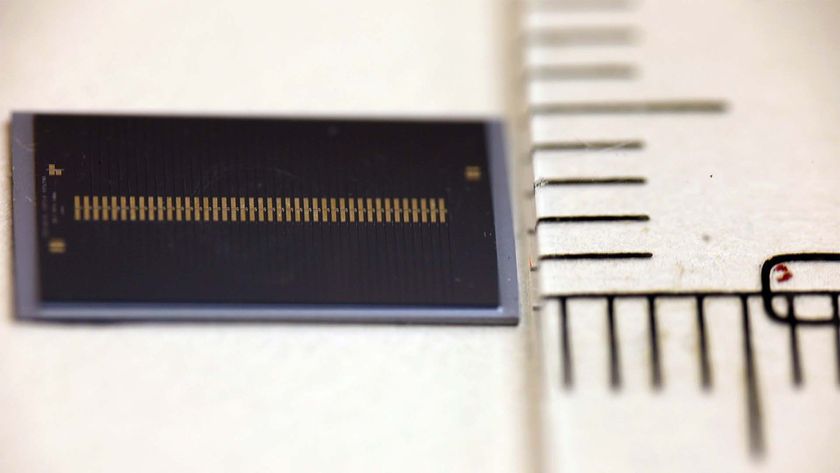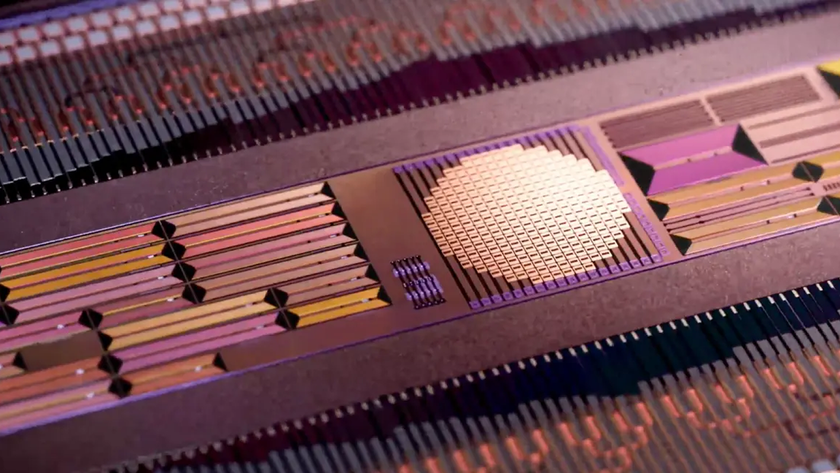Smart Phone Knows Where You Are Even Indoors
A new smart phone system under development can locate you even when you're inside a building, something GPS can't track.
While the concept sounds powerful, it's not yet clear how practical it might be, however.
The setup, called SurroundSense, sends information from accelerometers, cameras and microphones — gear in the latest smart phones — to a server that generates a fingerprint of the location.
"You can't tell much from any of the measurements individually, but when combined, the optical, acoustic and motion information creates a unique fingerprint of the space," said Ionut Constandache, a Duke University graduate student in computer science. Constandache is presenting the concept Friday at the International Conference on Mobile Computing and Networking in Bejing.
The system distinguishes between two indoor spaces in this manner: It knows that a bar is likely to be dark and noisy and people move little, sit a lot, whereas a department store will be brightly lit, contain vibrant colors, and will see a lot of people moving up and down aisles. The more the system is used, the more it learns about specific places.
More work is needed before the setup would be ready for prime time, however. For now, it can't work if a person's cell phone is in a handbag or otherwise unable to employ the camera. Ultimately it would be best served if paired with phones that were worn on the wrist or hung around the neck. Batteries, too, are a problem.
Students on the research team fanned out across Durham, N.C. with their cell phones, collecting data in different types of businesses. So that they would not bias the measurements, the students mirrored the actions of selected customers.
Sign up for the Live Science daily newsletter now
Get the world’s most fascinating discoveries delivered straight to your inbox.
"We went to 51 different stores and found that SurroundSense achieved an average accuracy of about 87 percent when all of the sensing capabilities were used," Constandache said.
"As the system collects and analyzes more and more information about a particular site, the fingerprint becomes that much more precise," said project leader Romit Roy Chouhury, assistant professor of electrical and computer engineering. "Not only is the ambience different at different locations, but also can be different at different times at the same location."
The work is supported by the National Science Foundation, Nokia, Verizon and Microsoft.












